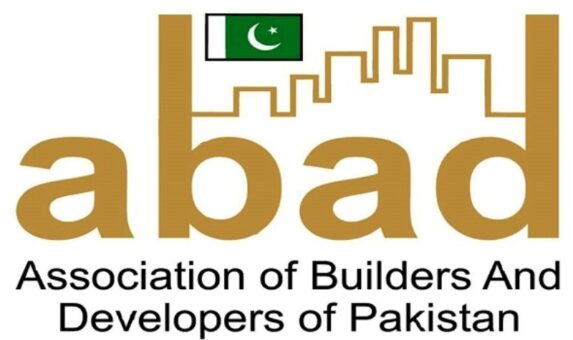KARACHI: In case a person unable to file annual return and wealth statement by due date the he/she has right to get extension in date on various grounds by furnishing an application to Commissioner Inland Revenue.
Section 119 of the Income Tax Ordinance, 2001 provided the procedure to get date extension in filing annual return and wealth statement.
Section 119: Extension of time for furnishing returns and other documents.
(1) A person required to furnish —
(a) a return of income under section 114 or 117;
(c) a statement required under sub-section (4) of section 115; or
(d) a wealth statement under section 116,
may apply, in writing, to the Commissioner for an extension of time to furnish the return, or statement, as the case may be.
(2) An application under sub-section (1) shall be made by the due date for furnishing the return of income, or statement to which the application relates.
(3) Where an application has been made under sub-section (1) and the Commissioner is satisfied that the applicant is unable to furnish the return of income, 3[ ] or 4[ ] statement to which the application relates by the due date because of —
(a) absence from Pakistan;
(b) sickness or other misadventure; or
(c) any other reasonable cause,
the Commissioner may, by order, in writing, grant the applicant an extension of time for furnishing the return, or statement, as the case may be.
(4) An extension of time under sub-section (3) should not exceed fifteen days from the due date for furnishing the return of income, employer’s certificate, or statement, as the case may be, unless there are exceptional circumstances justifying a longer extension of time:
Provided that where the Commissioner has not granted extension for furnishing return under sub-section (3) or sub-section (4), the Chief Commissioner may on an application made by the taxpayer for extension or further extension, as the case may be, grant extension or further extension for a period not exceeding fifteen days unless there are exceptional circumstances justifying a longer extension of time.
(6) An extension of time granted under sub-section (3) shall not, for the purpose of charge of default surcharge under sub-section (1) of section 205, change the due date for payment of income tax under section 137.






